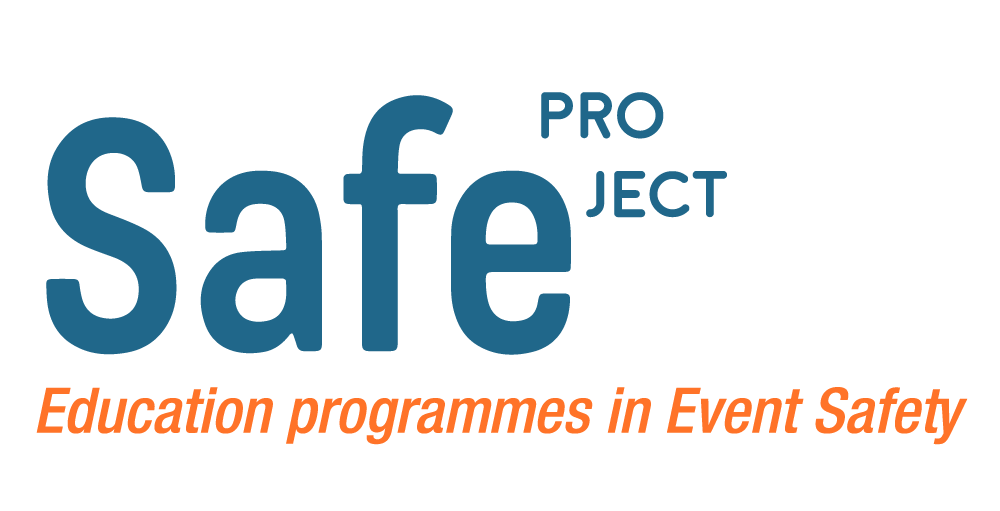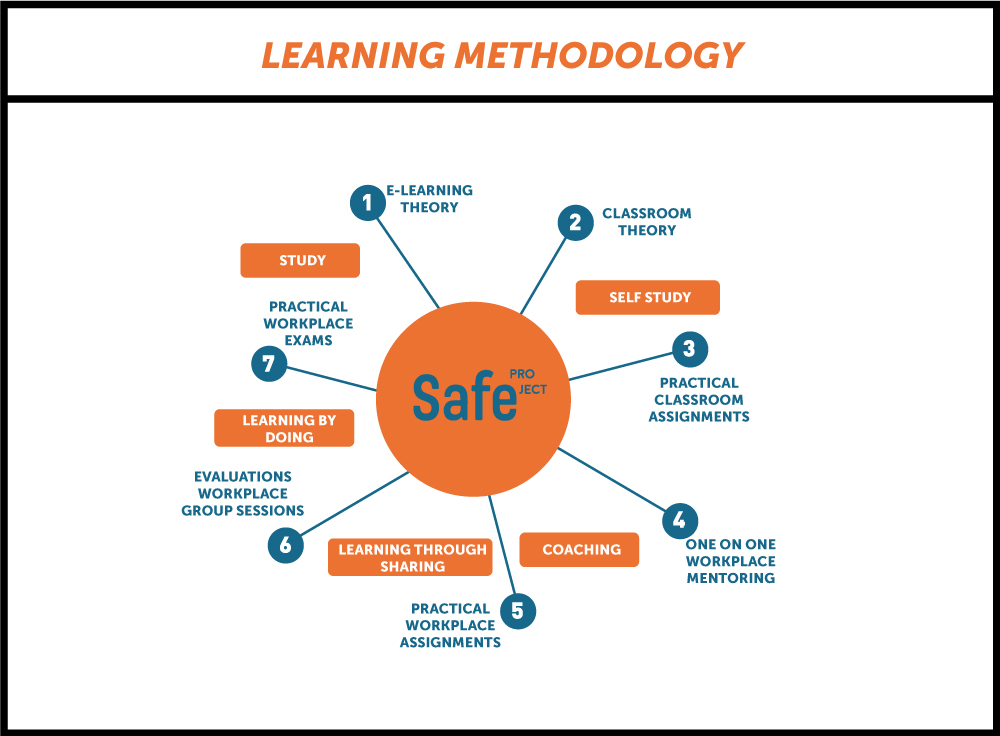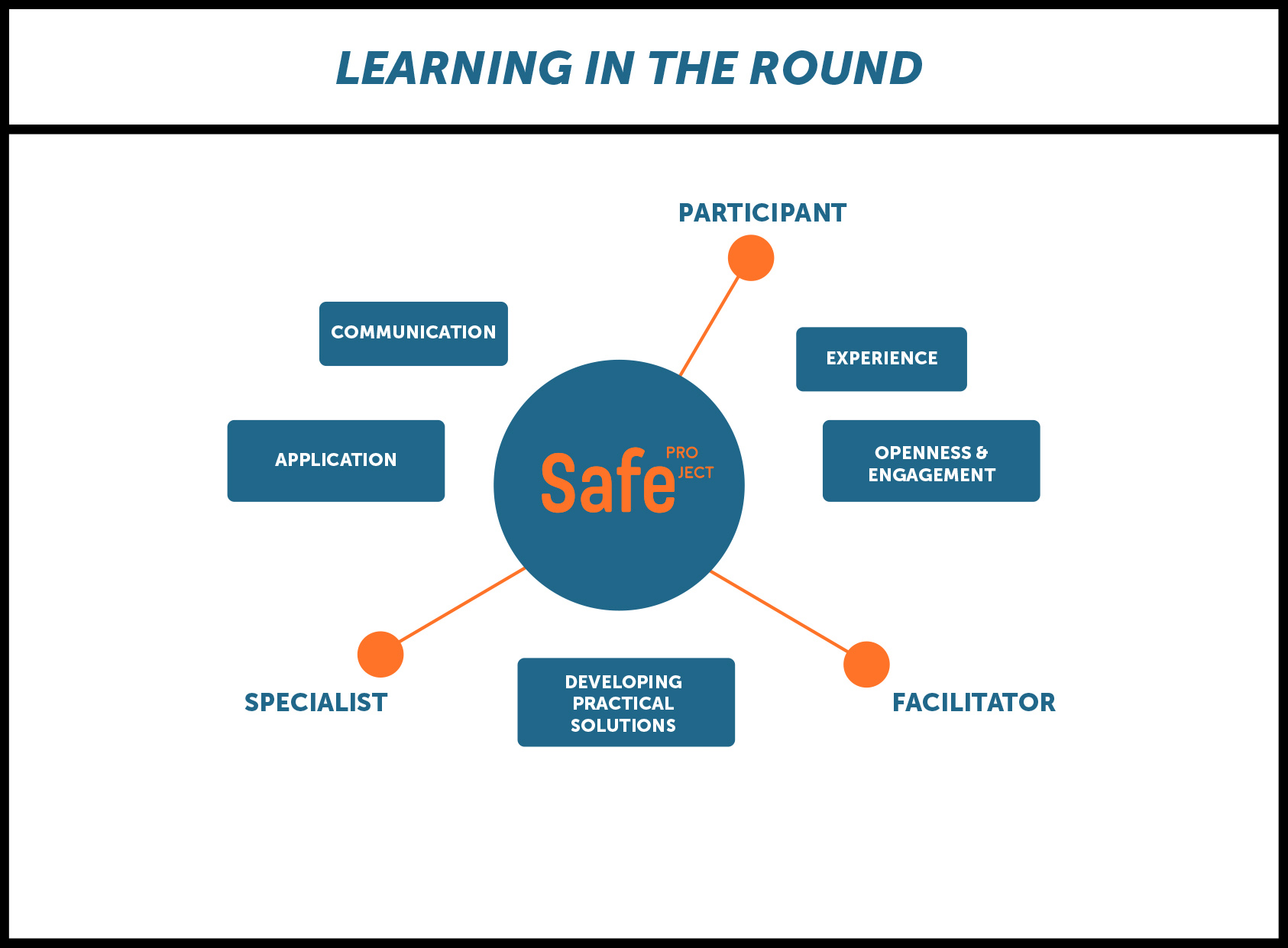Learning philosophy
This methodology provides an integrated theoretical underpinning through a practical application. It is achieved by learning through sharing, doing, being coached and self-study. Its revolutionary in-work delivery carefully guides participants through the learning process. The assessment is all guided by the subject area and provides a range of important skill applications.
Learning in the round
Learning in the Round involves converting experience into learning, practical knowledge & capability. It is a process in which three sets of actors, Participants, Specialists & Facilitators convene to share experiences, explore practice & promote learning. It contributes to the creation of communities of learning




